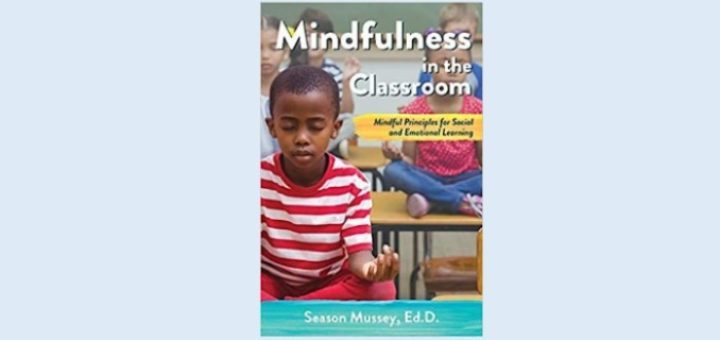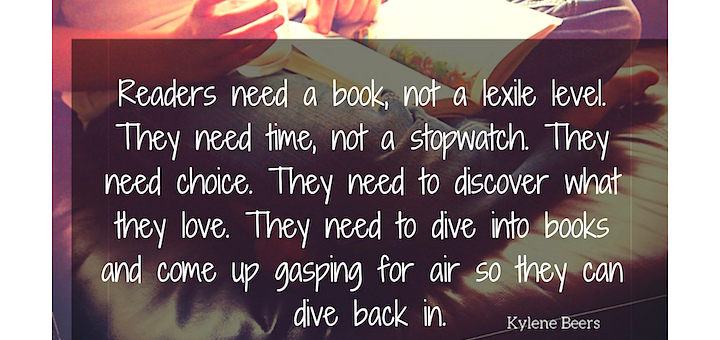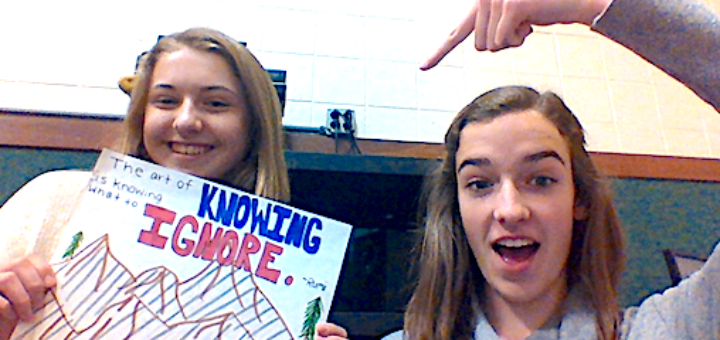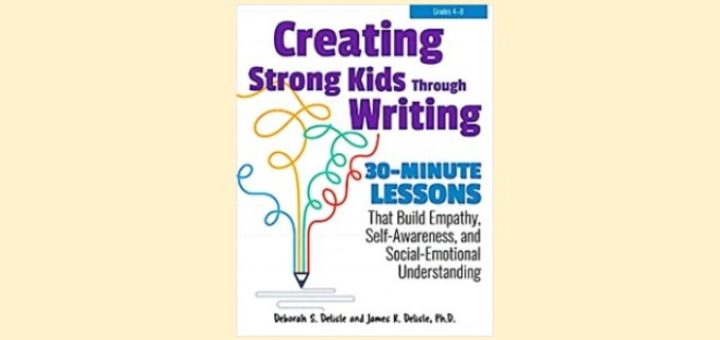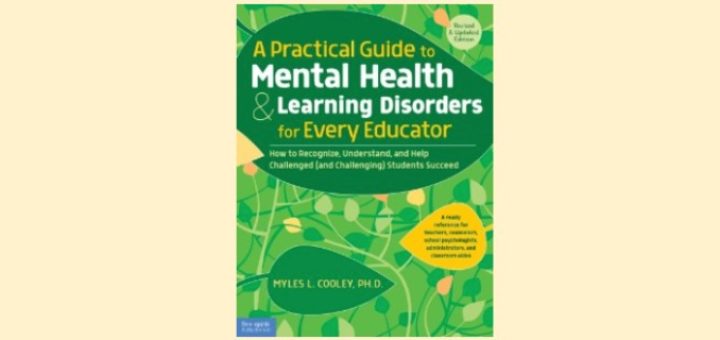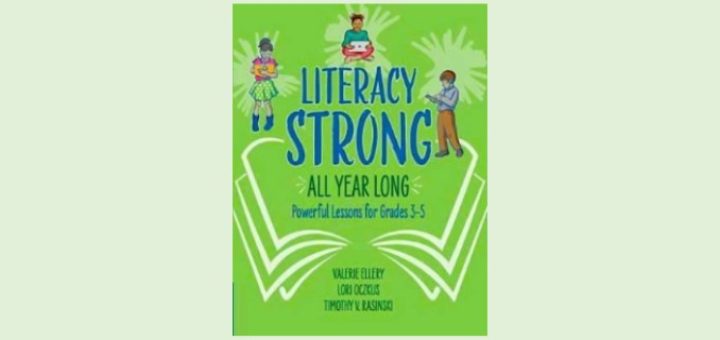Teaching and learning in grades 4-8
Mindfulness in the Classroom focuses on how to be consciously aware as we introduce SEL principles into an existing curriculum. Author Season Mussey explains SEL, its need and importance, and how to best share its principles with students, writes teacher Shawn Lawn.
Brent Gilson teaches grades 7-9 in rural Alberta. “I’m a believer in balanced literacy, voice and choice, and the need to use literacy studies to help students explore what it means to be human.” In a new blog, Brent details how these ideas shape his yearly reading plan.
Just how do you build a STEM lesson around a real-world challenge? While there’s no single answer to that question, STEM expert Anne Jolly shares a STEM lesson she and a math colleague designed around a local environmental challenge. Helpful tips and resources included!
Limiting feedback to final drafts means lots of teacher work and little student learning. What if, Sarah Cooper wondered, she could give students enough scaffolding – using an outline organizer and peer response – that their rough drafts included everything she wanted?
In the new school year ELA teachers are looking for fresh ideas to encourage students to read closely and think deeply. Here are five adaptable activities from teacher-author and NBCT Marilyn Pryle to add to your toolbox and keep students creatively interacting with texts.
Creating Strong Kids Through Writing is an easy-to-use book of 20 fully resourced lessons lasting 30 minutes to help adolescents grow socially and emotionally. Consultant Anne Anderson notes the lessons are not just for ELA classes and include topics in math and science.
From the classroom to the whole school, Dr. Myles Cooley’s revised Practical Guide for Mental Health and Learning Disorders will help new and veteran educators understand specific student challenges and support kids affected by them, writes educator Elizabeth OBrien.
Literacy Strong All Year Long: Powerful Lessons for Grades 3-5 is crammed with so many literacy ideas and resources that you will want to try each one, writes teacher educator Linda Biondi. She predicts that it will be a “go to” book for the rest of your teaching life.
Meaning well and teaching well are not the same – a painful truth that ELA teacher Dina Strasser’s exponential learning about race has helped her realize. She uses the story of her unit based on Gary Paulsen’s “Nightjohn” to underscore the difference between intent and impact.
Teaching about empathy, boundaries, and consent needs to begin in middle school if not before, writes teacher leader Cheryl Mizerny. She talks us through the problems and suggests age-appropriate approaches. Her resources include RAINN network and Laurie Halse Anderson.

